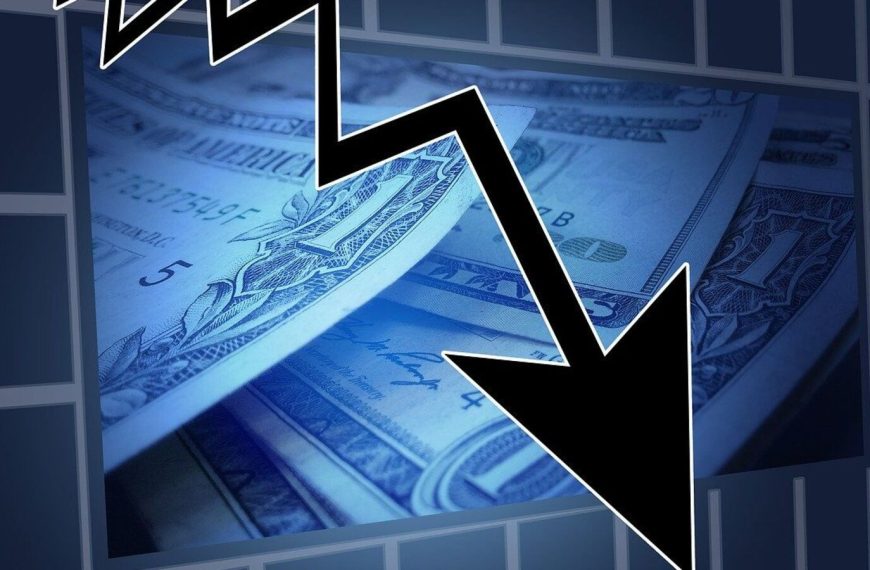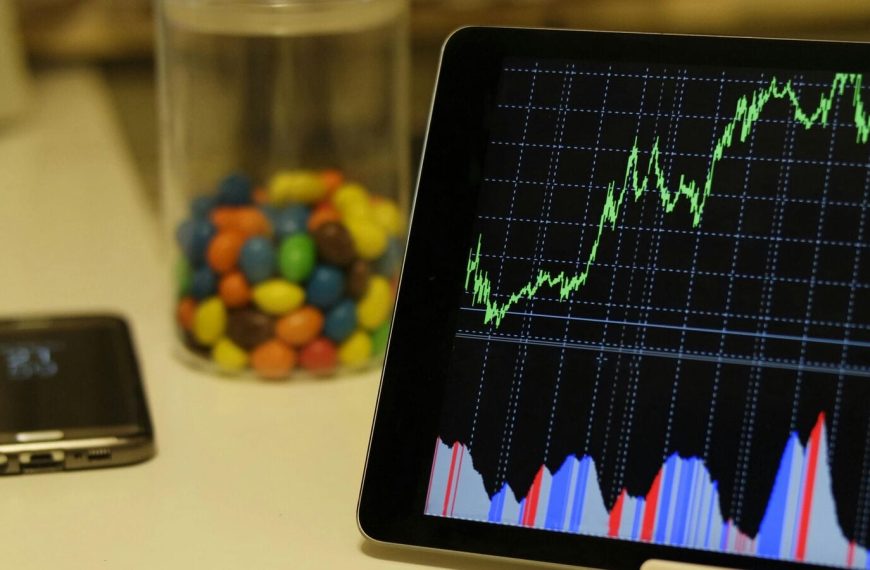India is taking a firm stand against the European Union (EU) over its restrictive measures on steel imports. In a recent communication to the World Trade Organization (WTO), India has signaled its intention to impose retaliatory duties on specific EU goods. This decision comes after failed negotiations regarding the EU’s safeguard measures that have significantly impacted India’s steel trade.
Background on EU’s Safeguard Measures
Since July 18, 2018, the EU has implemented safeguard duties on certain steel product categories, leading to substantial financial losses for India. According to India’s WTO communication dated March 27, the annual trade loss for the fiscal year 2023-2024 is estimated at $1.472 billion. If retaliatory duties of 25% are applied, the revenue generated could reach approximately $368 million.
- Cumulative Trade Loss: The total trade loss since the initial imposition of these measures has ballooned to around $6.92 billion, with potential duty collections exceeding $1.73 billion.
Recent Consultations and Trade Talks
Consultations between India and the EU took place on March 19, 2025, where both sides discussed the ongoing trade issues. Unfortunately, no agreement could be reached regarding maintaining equivalent concessions or trade compensation.
- EU’s Duty Extension: The EU recently extended its safeguard duties for an additional two years, pushing the deadline to 2026. This marks the second extension of the safeguard measures, which were first introduced in 2018.
Impact on India’s Steel Exports
India is significantly affected by these protective measures, as it holds a vital position in the steel export market to the EU. Notably, India’s exports of iron and steel products have surged from $6.1 billion in 2022-2023 to $6.64 billion in 2023-2024.
- Concerns Over Trade Rules: Experts argue that the EU’s actions are inconsistent with global trade regulations, which aim to ensure fair competition and market access for all nations.
Future Prospects
As India seeks to strengthen its trade relationship with the EU, it is currently engaged in negotiations for a free trade agreement. In the fiscal year 2023-2024, India’s overall exports to the EU rose by 1.5%, amounting to $76 billion, while imports saw a slight decline of about 3% to $59.38 billion.
The WTO, based in Geneva and comprising 166 member nations, plays a crucial role in regulating international trade and resolving disputes. India’s proactive measures highlight its commitment to protecting its trade interests while navigating complex global trade dynamics.
This ongoing situation underscores the necessity for dialogue and collaboration to foster a more equitable trading environment for nations involved.











